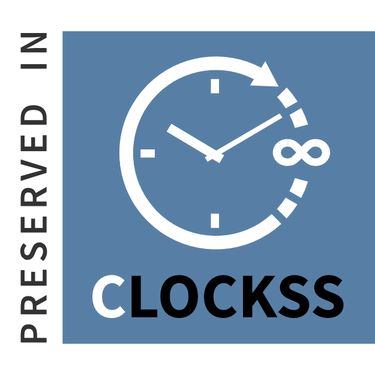The Effect of a Psycho-social Program on Decreasing Loneliness of Volleyball Players from Sitting Position
DOI:
https://doi.org/10.54702/msj.2022.21.1.0008Keywords:
psycho-social program, loneliness, volleyball from sitting positionAbstract
This study aims at preparing the psycho-social programme for decreasing loneliness of volleyball players from sitting position; identifying the effect of the psycho-social programme on decreasing loneliness of such players, and identifying the differences between the pre- and post-test of the experimental and control groups and the differences of the post-tests of the two groups in loneliness scale.
The experimental design has been used for its suitability to the nature of the study. As for the sample of the study, it has been chosen purposefully; the experimental group is represented by the players from sitting position in Ninevah who were (12) and the control group is represented by similar players in Diala and who were also (12). The loneliness scale was built and used by the researcher to collect data. Turning to the psycho-social programme, built by the researcher, it has been applied on the experimental group only. This application has been distributed on (12) sessions, (2) sessions per week. The two groups have been checked for equivalence in the variable of the study. To analyze the data, the (SPSS) statistical programme and other statistical tools have been used.
The following conclusions have been arrived at: 1- the appropriateness of loneliness scale, built by the researcher, for its effect in decreasing loneliness of volleyball players from sitting position in the experimental group . 2- there are statistical significant differences between the pre- and post-tests in loneliness of the experimental group. As for the recommendations, the most important ones are: 1- adopting the scale of loneliness for volleyball players from sitting position and trying to apply it on other activities especially in disabled sports. 2- the necessity to enlighten trainers to have interest in psychological programmes for the disabled and to develop themselves through attending training sessions from time to time. 3- the necessity of the psychological advisor presence side by side with the technical trainer in all sport teams to help players and qualify them psychologically in addition to the physical, technical, and planning qualifications.
References
- Asmaa’ Jo’ne, Yamenea Bin Mousa: 2017.Feeling loneliness for the disabled: a field study, Alshaheed Hamah Khudir, College of Humanity and Social Sciences, (Arabic Reference)
- Jawdat Abdulhadi2000.: Theories of learning and their educational applications, 1st edition, Jordan, Amman, Dar- Althaqaffa for publishing, (Arabic Reference)
- Kang, H.; Park, M.; and Wallace, J. P. : 2018. “ The impact of perceived social support, loneliness, and physical activity on quality of life in south Korea older adults”, Journal of Sport and Health Sciences, 7, 237-244,
- Mohammed Hasan Allawi, Usama Kamil Ratib: 1999.Scientific research in physical education and sport psychology, 2nd edition, Dar Al-Fikir Al-Arabi, (Arabic Reference)
- Ogla Suleiman Alhoory: 2019.Modern concepts in sport psychology, 1st edition, Jordan: Amman, Dar Al-Academioun for Printing and Publishing, (Arabic Reference)
- Saa’d Jasim Al-Asadi, Marwan Abdulmajeed: , 2003, Educational guidance, Amman, Al-Dar Ala’lmea for publishing and distribution. (Arabic Reference)
- Valler , Rj & Losier, G. F: 1997self-determined motivation and sports man ship orientation: an assessment of their temporal relationship, Journal of sport & Exeveise psychology, Vol. 16,.
Downloads
Published
Issue
Section
License
Copyright (c) 2022 Modren Sport Journal

This work is licensed under a Creative Commons Attribution 4.0 International License.














